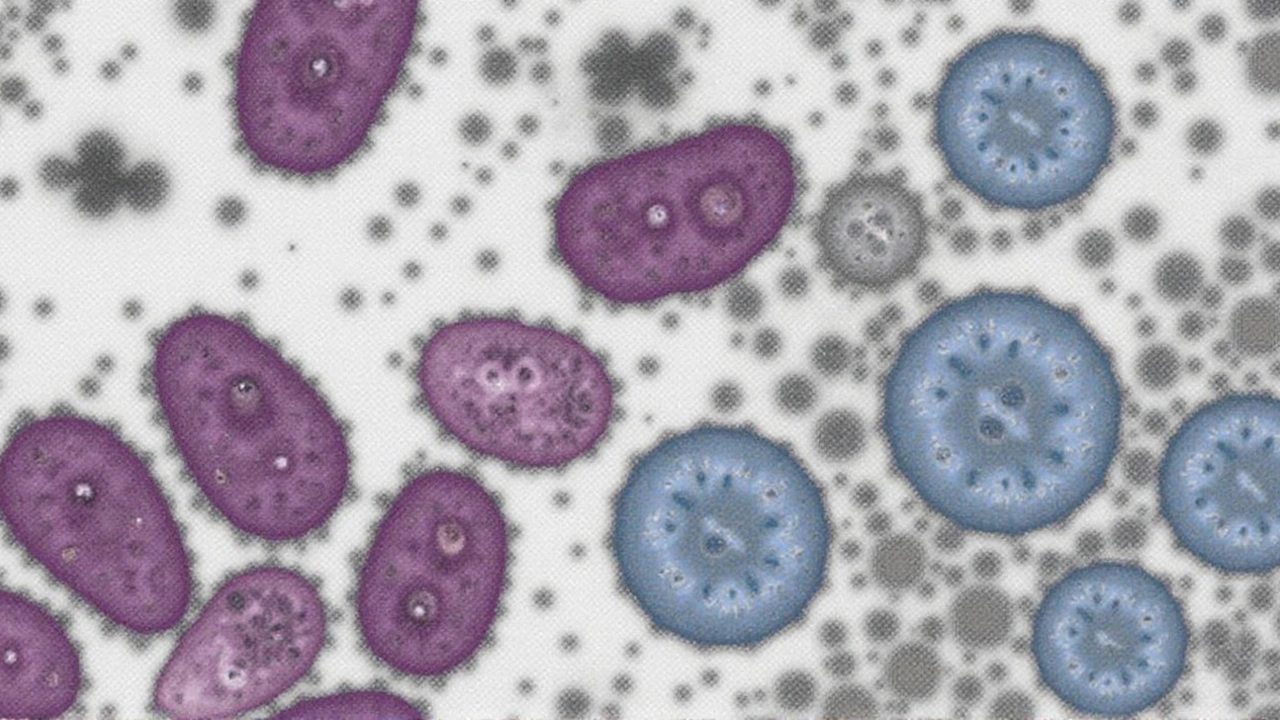Disease outbreak: spot it early and act fast
Disease outbreaks can start quietly and spread fast. Whether it’s a local cholera cluster, a new flu strain, or a mosquito-borne surge, knowing what to look for and what to do can protect you, your family, and your community. This page gives clear, practical steps you can use right away.
Watch for these common signs: sudden fever, severe diarrhea, persistent cough or difficulty breathing, unexplained rashes, vomiting, or bleeding. If several people in the same place get sick with the same symptoms, treat that as a red flag.
If you or someone near you shows worrying symptoms, act quickly. Isolate the sick person from others if possible. Call your local clinic or health hotline before going in so they can prepare. Avoid public transport; use private transport or arrange help. Wear a mask and clean your hands often while you arrange care.
Practical prevention steps at home and in your community
Prevention is simple and effective when everyone plays their part. Get recommended vaccines and boosters. Wash your hands with soap and water for 20 seconds, especially after using the toilet and before eating. Keep drinking water safe by boiling or using treated water. Store and cook food properly. Fix leaks and standing water to reduce mosquitoes. If toilets or drainage are damaged, avoid contact and report it to local authorities.
When an outbreak hits, reduce gatherings and avoid crowded indoor places if advised. Use a mask in busy or enclosed spaces, and improve ventilation at home by opening windows. If you work in healthcare, follow protective gear rules and report any exposure right away.
Find reliable info and get help
In an outbreak you’ll see a lot of rumors. Trust health departments, WHO, and recognized hospitals for updates. Africa Daily Spectrum tracks verified reports and local health responses across African countries — follow our tag for timely updates. Check official local health ministry pages and community health centers for practical advice like vaccination clinics and treatment centers.
Know when to seek emergency care: trouble breathing, chest pain, confusion, high fever that won’t come down, severe dehydration from diarrhea or vomiting, fainting or seizures. Don’t wait—get help immediately.
If you suspect a local outbreak, tell your clinic or local health office. Early reports help public health teams test, trace contacts, and set up response teams faster. Community leaders and clinics are often first to know where resources are needed most.
Stay prepared: keep basic first-aid supplies, a thermometer, oral rehydration salts, masks, and a list of local emergency numbers. Share clear, verified info with family and neighbors. Small steps now can stop an outbreak from growing tomorrow.
Follow this tag for verified news, on-the-ground updates, and practical tips to stay safe during disease outbreaks across Africa.
- October 15, 2024
- Comments 12
- Health

